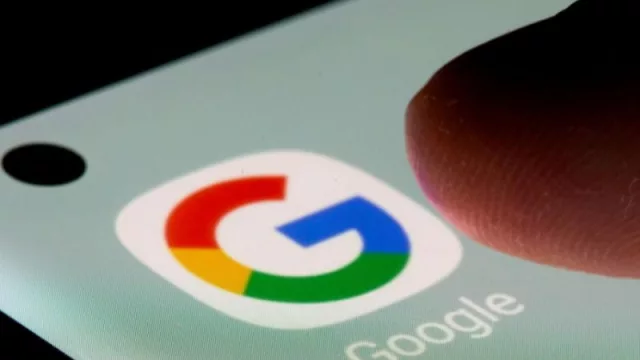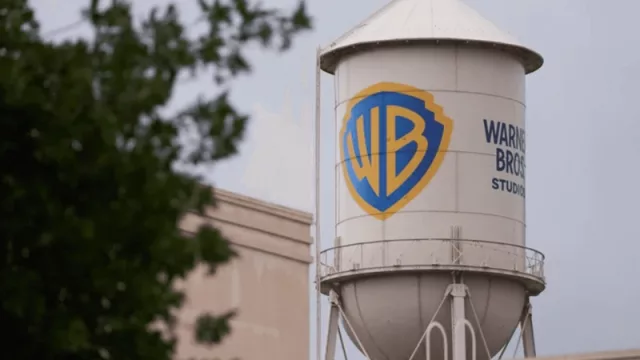The U.S. Department of Justice may also require Google to make public the parameters under which its search engine operates.
-
Summary and Tips IN:
Introduction: The Context of the Controversy
The recent ruling by federal judge Amit Mehta, which determined that Google violated antitrust laws, marks a turning point in the relationship between big tech and the U.S. government. By considering the possibility of a breakup, the Department of Justice (DOJ) seeks to restore balance in a market that has been dominated by the Mountain View company. In an environment where information is power, understanding how this decision will impact market dynamics is essential for anyone interested in the future of technology.
United States Proposes Separating Google from Android and Chrome to Dissolve Its Monopoly
Key Point: The DOJ's proposal could lead to the division of Google to foster competition in the search market.
Impact on Users: Changes in how we interact with Google and its products.
Consequences for Competitors: Possible opportunities and challenges for other platforms.
-
Stay informed about judicial decisions affecting big tech.
-
Consider exploring alternatives to Google to diversify your information sources.
-
Reflect on how the use of your personal data may change with these new regulations.
1. The Current Landscape of Google and the Monopoly
Google, a name that has become synonymous with online search, has not only shaped how we access information but has also influenced digital advertising, artificial intelligence, and other sectors. However, this dominance has raised concerns about competition and privacy.
Relevant Data:
-
According to a Statista study, Google controls approximately 92% of the global search market.
-
Judge Mehta's ruling is the most significant since the Microsoft case in the 1990s, which also faced monopoly accusations.
2. Proposals from the Department of Justice
The DOJ's recommendations include drastic measures that could change the very structure of the company. Among them are:
-
Separation of Services: Dividing the search engine from other products like Google Ads and Google Cloud.
-
Data Sharing: Requiring Google to share search data and AI models through an API, which could revolutionize access to information.
-
Contract Restrictions: Limiting contracts that make Google the default search engine on third-party devices, affecting allies like Apple.
3. The Impact on the Digital Ecosystem
The potential division of Google has implications that go beyond the company itself. It will change how consumers interact with search engines and how companies design their digital marketing strategies.
Illustrative Examples:
-
Emerging Alternatives: With Google weakened, platforms like Bing, DuckDuckGo, and Brave could gain traction, offering users options that prioritize privacy.
-
Innovation in Advertising: Companies will need to adapt to a new landscape where digital advertising is not dominated by a single player.
4. The Reaction of Google and the Future
Google has labeled the proposed measures as "government overreach" that could harm competition and increase costs for consumers. The company has announced its intention to appeal the ruling, which could prolong uncertainty about its future.
Reflections on the Future:
Could this legal battle usher in an era of greater transparency and competition in the digital realm?
IG: @infonegociosmiami
-
Conclusions:
A New Era for the Digital Market
The proposal to break up Google represents a unique opportunity to reconfigure the digital ecosystem. While the company has enjoyed nearly absolute dominance in the search market, government actions could allow for greater diversity of options for consumers. However, this process will not be straightforward and will be fraught with legal challenges that could extend for years.
Final Reflections
The fight against Google's monopoly reflects a broader concern about the power of big tech in modern society. As we enter this new era, it is crucial that consumers remain informed and proactive in protecting their digital rights. This is a moment to question how data is used, who benefits from it, and what alternatives exist to navigate a world where information is so valuable.
The upcoming changes could not only alter the way we use Google but also how we interact with all digital platforms. The restructuring of Google could pave the way for a more competitive ecosystem, where innovation and privacy are priorities. However, it also raises questions about the ability of emerging companies to compete in an environment that has been dominated by a giant for so long.
In this context, it is essential to cultivate a critical mindset and be willing to explore new alternatives. The information age does not have to be dominated by a single player; diversity and competition are key to a more equitable and accessible future. History has taught us that often, the greatest changes arise from resistance and the search for new opportunities.
-
Frequently Asked Questions (FAQs)
What happens if Google is broken up?
The breakup of Google could result in the creation of several smaller companies operating independently, which could foster competition and offer consumers more options.
How will this affect Google users?
Users may experience changes in how they access information and use Google's services. They could also see improvements in the competition from other search engines.
What alternatives are there to Google?
There are several alternatives, such as Bing, DuckDuckGo, and Brave, which offer different approaches to online searching, especially in terms of privacy.
What impact would this have on digital advertising?
Greater competition could lead to lower advertising costs and a diversification of marketing strategies, benefiting small and medium-sized enterprises.
What role do consumers play in this process?
Consumers have the power to influence the market by choosing which platforms to use. By exploring alternatives and demanding more transparency, they can foster a healthier digital ecosystem.
-
Infonegocios RED: 4.5 million Anglophone Latinos reading business news daily.
-
Sign Up for Free: Register and receive our newsletter by simply leaving your email and name here.
-
Contacts: [email protected] or [email protected]












Tu opinión enriquece este artículo: